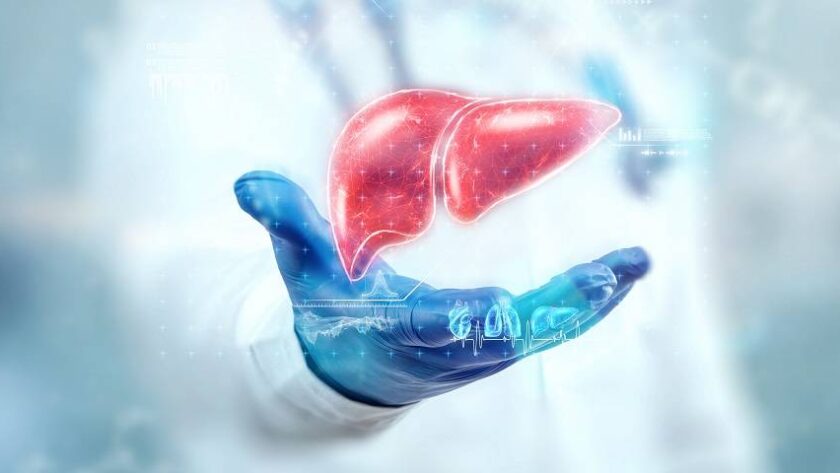Liver Health: What You Need to Know to Protect This Vital Organ
The liver is one of the largest and most vital organs in the body. As the body’s metabolic hub, it plays crucial roles, including detoxifying harmful substances, processing nutrients, storing energy, and maintaining hormonal balance. Protecting liver health is essential for overall well-being and quality of life.
1. What Does the Liver Do?
The liver performs over 500 functions. Some of its key roles include:
- Detoxification: Neutralizes toxins such as alcohol, drugs, and harmful chemicals.
- Bile production: Produces bile for digesting fats.
- Energy storage: Stores glucose as glycogen and releases it as energy when needed.
- Blood clotting: Produces clotting factors necessary for stopping bleeding.
- Nutrient metabolism: Processes carbohydrates, fats, and proteins.
2. Factors That Threaten Liver Health
Several factors can negatively impact liver health:
- Excessive alcohol consumption: Can lead to fatty liver and cirrhosis.
- Unhealthy diet: High-fat, processed, and sugary foods can contribute to liver fat accumulation.
- Physical inactivity: Lack of exercise slows metabolism and can lead to fatty liver disease.
- Medications and toxins: Long-term use of certain medications can strain the liver.
- Hepatitis infections: Viral infections like hepatitis B and C can damage liver tissue.
3. How to Maintain a Healthy Liver
a) Balanced Nutrition
Proper nutrition is key to supporting liver health.
- Fiber-rich foods: Whole grains, vegetables, and fruits help the liver detoxify.
- Healthy fats: Olive oil, avocados, and fish are liver-friendly options.
- Limit sugar intake: Excess sugar can increase liver fat accumulation.
b) Stay Hydrated
Drinking plenty of water helps the liver flush out toxins and supports detoxification.
c) Regular Physical Activity
Exercise prevents fat buildup in the liver and boosts metabolism.
d) Limit Alcohol Consumption
Moderate or avoid alcohol to protect your liver from damage.
e) Eat Liver-Friendly Foods
- Artichokes: Support bile production in the liver.
- Turmeric: Its antioxidant properties help protect liver cells.
- Green tea: Reduces free radicals and supports liver function.
- Garlic: Aids in detoxification.
4. Signs of Liver Problems
Liver issues may not show symptoms in the early stages, but common warning signs include:
- Fatigue
- Yellowing of the skin and eyes (jaundice)
- Swelling or discomfort in the abdomen
- Loss of appetite
- Dark urine and pale stools
If you notice these symptoms, consult a doctor promptly.
5. The Importance of Regular Check-Ups
Most liver diseases can be treated if detected early. Regular health check-ups and liver function tests are essential for early diagnosis and prevention.
Conclusion
Liver health is directly linked to overall quality of life. You can protect your liver by maintaining a balanced diet, exercising regularly, drinking enough water, and avoiding harmful habits. Remember, a healthy liver is the key to a healthy life.



